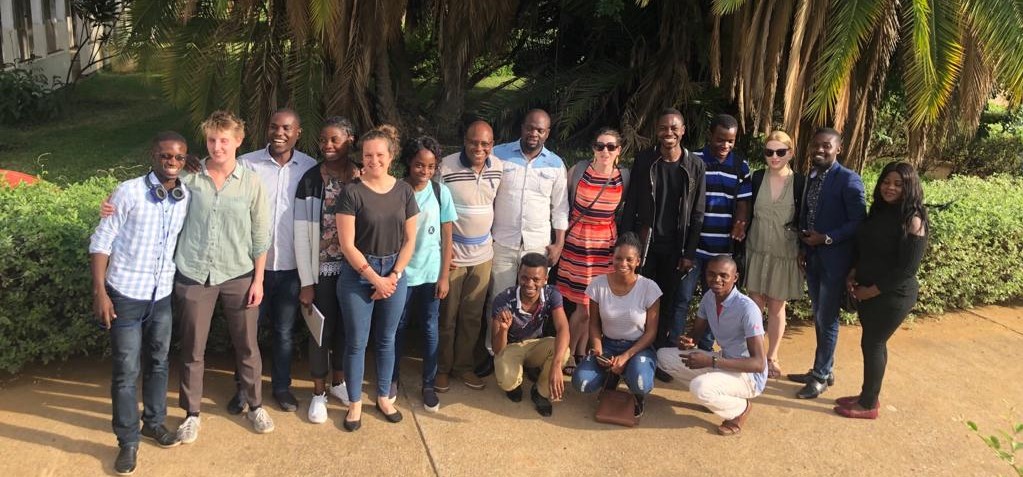
Researchers from Germany and the U.S. set off to train African junior scientists in their careers at Collaborative Science Symposium 2020
By Franziska Bröker, Miriam Rateike, and Renée Hartig
It is early January, rainy season, and research questions are looming in the air: How has mining the Central African Copper Belt impacted soil bacterial populations? How do fungi influence one of Zambia’s most important agricultural products – peanuts? From preparing a proposal to pitching a poster, students at the University of Zambia researched such questions during the Collaborative Science Symposium 2020. This week-long training program introduced natural science undergraduates and graduates to accessible research methods, scientific soft skills, and a network of international mentors, empowering young scientists to move their careers forward.
Teaming up for the unexpected
For this purpose, six researchers from the Max Planck Society (Germany) and Temple University (PA, USA) teamed up to travel to Lusaka, Zambia’s buzzing capital. Prepared for the expected, and excited for the unexpected, the Symposium team expressed the shared motivation to educate and learn. The University of Zambia was the first in the country to open its doors in 1966, and today welcomes you with its motto in big print: Service and Excellence. A mission not only reflected on the campus gates but also in the symposium.
“It was already the second year that the Collaborative Science Symposium materialized in Zambia after its launch in early 2019, together with the non-profit organization TReND in Africa,” says Dr. Renée Hartig, a neurobiologist and TReND program coordinator. “TReND aims to address the lack of human, material and financial resources hindering research proficiency on the African continent.”
Hands-on training from coding to scientific writing
Overlooking palm trees, a group of 30 students took hold of a journey through the layers of the scientific method. Teams conceived of research projects, building on material from morning lectures which touched on topics including literature review, experimental design, statistics and machine learning. The symposium participants demonstrated a profound ability to absorb the information presented in the lectures as they assembled it into coherent research proposals, posters, and elevator pitches. During afternoon sessions, the leading team from Germany and the U.S. offered hands-on training in computer programming, public speaking, and scientific writing. These one-on-one practical sessions also laid the foundations for cultural exchange and future mentoring.
Symposium workshop topics, such as research ethics and fairness in machine learning, sparked discussions on the impact and responsibilities of scientists. It also had the six teaming researchers think about questions like how to promote online resources at universities with limited internet access. In short, the symposium proved to be a truly bidirectional learning experience that opened new intellectual territory to all. “We encouraged participants to pursue their scientific ambitions, and returned home with a much broader horizon ourselves”, states PhD student Franziska Bröker.
True service and excellence in higher education
Service and Excellence in higher education was reflected at the Collaborative Science Symposium. High agility revealed a scientific maturity and commitment to knowledge. We met brilliant young scientists that brought tremendous hard work and motivation to the classroom. Friendships and mentorships that were developed are maintained remotely – a symposium that doesn’t end with the last talk.
“This programme should continue each and every year. It’s been great. It’s an excellent way of starting any year by learning skills that will be applied during the course of the year,” says Namakando Mebelo, a fourth year undergraduate studying microbiology.
During this year’s symposium two African graduate students spoke via video recordings in the classroom about their experiences with going abroad for graduate studies. Kandamali Deus Francis from Tanzania, a PhD student at Beijing Jiaotong University (Beijing, China), encouraged students to get out of their comfort zone and join research, highlighting the importance of multidisciplinary research and international cooperation. Elie Ngomseu Mambou from Cameroon, a PhD student at McGill University (Montreal, Canada), fortified: “I believe in a new generation of African leaders that will lead by education.”
Within two years, the Collaborative Science Symposium has gained support from the Max Planck Society, Tübingen University, University of California Los Angeles, University of Central Florida and Temple University. We explicitly thank our supporters and the Max Planck Society for their financial support and trust in us to effectively turn resources into useful knowledge, sustainable relationships, and lasting impressions. Additionally, we thank Dr. Daniel Fleiter, Head of Communications at the Max Planck Institute for Biological Cybernetics, for his helpful comments on this article for press release.
The Collaborative Science Symposium 2020 was held by Dr. Renée Hartig and Franziska Bröker, Max Planck Institute for Biological Cybernetics, Anastasia Lado and Miriam Rateike, Max Planck Institute for Intelligent Systems, both in Tübingen, Germany and Professors Kevin Arceneaux and Valentina Parma, from Temple University, Philadelphia, USA.
If anyone is interested in this program and feels that they would like to take part at some point, please do reach out! Just send an email to science.symposium19@gmail.com expressing your interest and an effort will be made to incorporate your ambitions for the next journey.
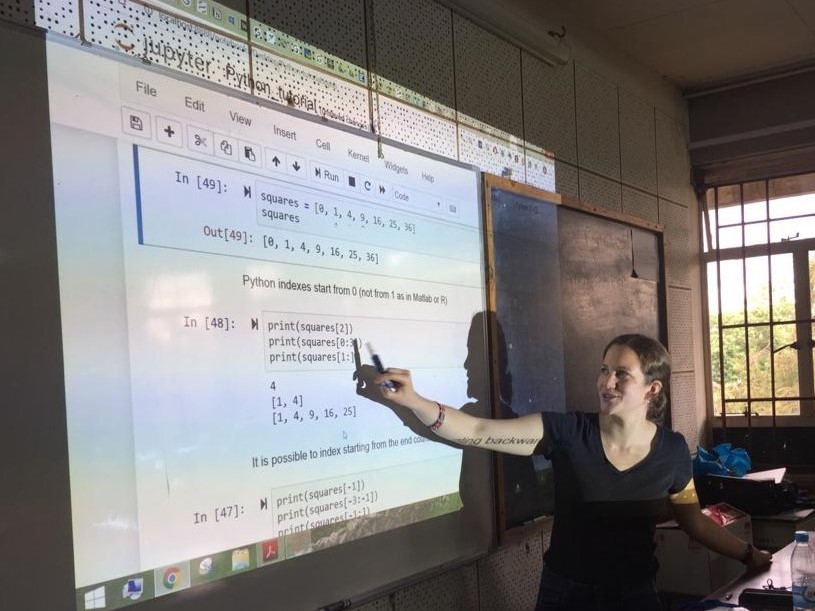
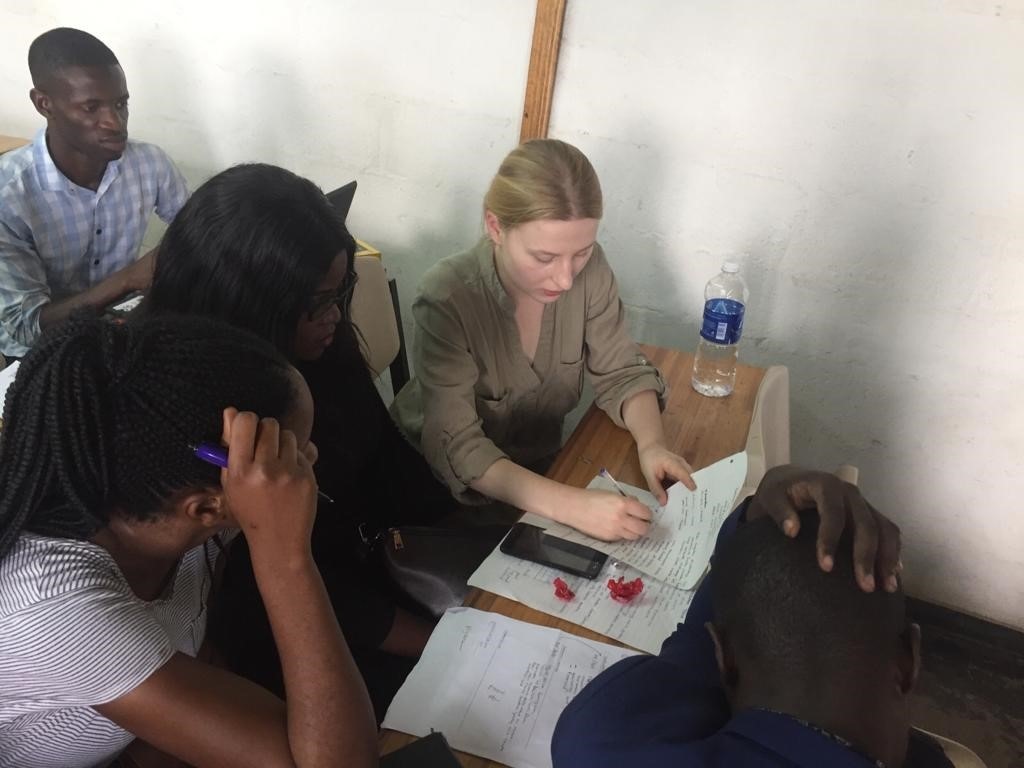
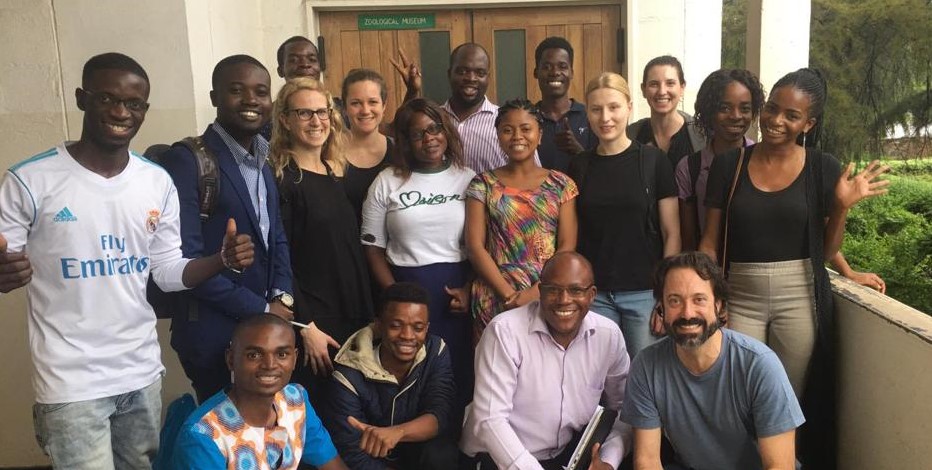
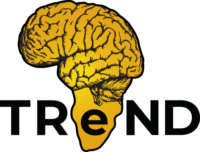
Recent Comments